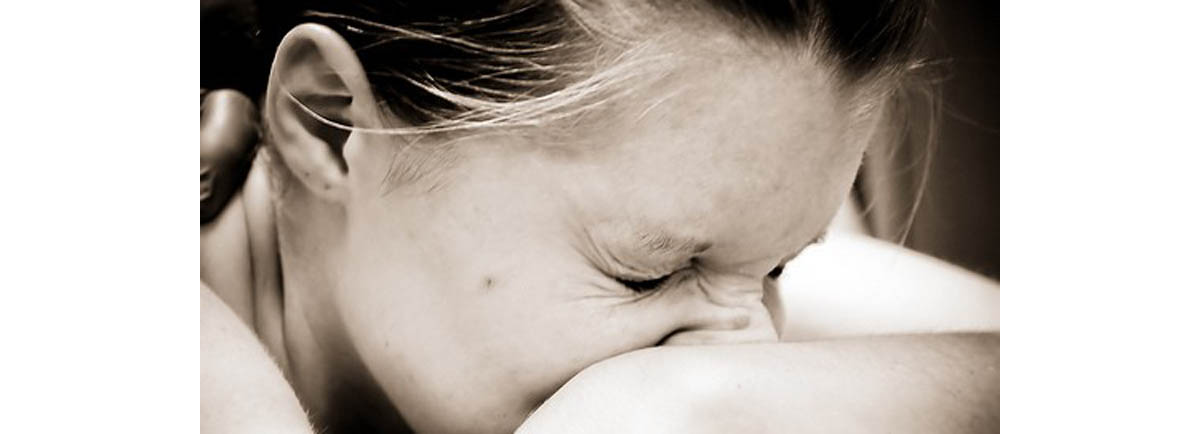Table of Contents
In analyzing over 400 of the 700-plus studies of the healing effects of music found in the medical literature, Levitin and colleagues found convincing evidence of two effects of music on the immune system:

- People who listen to music have higher bloodstream levels of a substance known as Immunoglobulln A, or IgA, which fights infections at the "borders" of the body, the skin, the digestive tract, and the linings of the nose and throat.
- People who listen to music frequently produce higher numbers of natural killer (NK) cells, which fight bacteria, remove infected cells, and fight cancer.
Music Also Stimulates the Healing Process
Healing, of course, isn't all about the immune system. The immune system is great for fighting pathogens and for clearing out dead or injured tissue so healthy tissue can take its place, but there is a point in most diseases when the regenerative process has to take over. A series of scientific studies and a growing body of physicians experiences tell us that listening to music is helpful in the healing process, too.
Harvard-trained surgeon Claudius Conrad, who also holds doctoral degrees in stem cell biology and the philosophy of music, says that the benefits of music in supporting the healing of injured tissues are due to changes in the secretion of a growth hormone.
Mozart, more than other composers, wrote his music in phrases that build on each other. A phrase of just two, three, or four measures introduces the piece, and then it is repeated but embellished. The melody is repeated, but it is accompanied by changes in chords and arpeggios that the listener may not notice, but which alternately stimulate and surprise the brain.
The net result on the brain is that the listener feels good, and part of the reason the listener feels good is that healing growth hormone stimulates the repair of tissues. In connection with relief of pain, stimulation of the immune system, and faster tissue repair, listening to music, especially listening to Mozart, helps the body come back faster after illness and injury and supports the body's response to medicine and medical treatment.
- Bekhuis T. Music therapy may reduce pain and anxiety in children undergoing medical and dental procedures. J Evid Based Dent Pract. 2009 Dec. 9(4):213-4. doi: 10.1016/j.jebdp.2009.03.002.
- Nilsson S, Kokinsky E, Nilsson U, Sidenvall B, Enskär K. School-aged children's experiences of postoperative music medicine on pain, distress, and anxiety. Paediatr Anaesth. 2009 Dec. 19(12):1184-90. doi: 10.1111/j.1460-9592.2009.03180.x. Epub 2009 Oct 23.
- Schorr JA. Music and pattern of change in chronic pain. Adv Nurs Sci. 1993. 15:27–36.
- Photo courtesy of lsuchick142 on Flickr: www.flickr.com/photos/lsuchick142/4480361923
- Photo courtesy of /doug88888 on Flickr: www.flickr.com/photos/doug88888/4542297929


Your thoughts on this